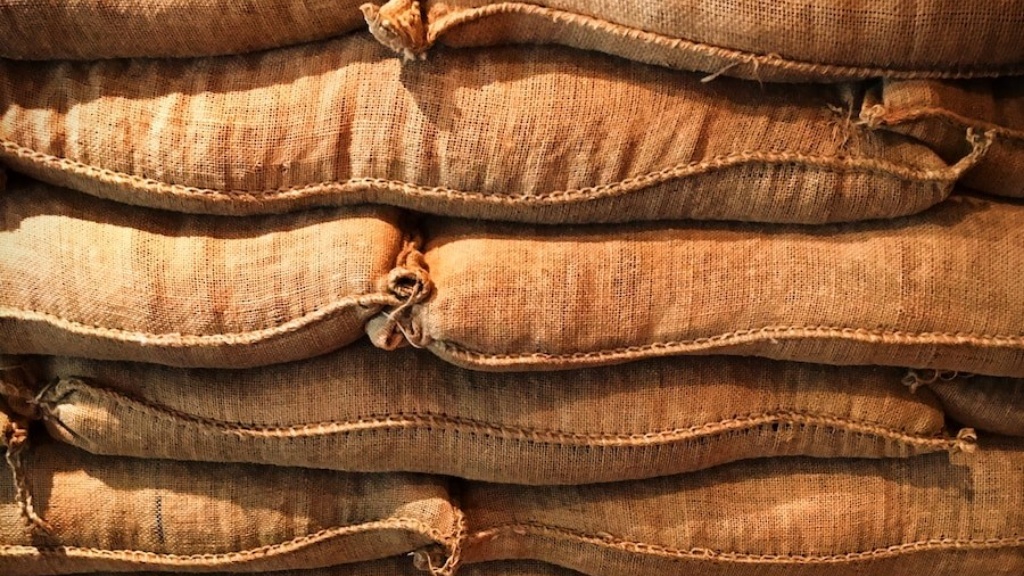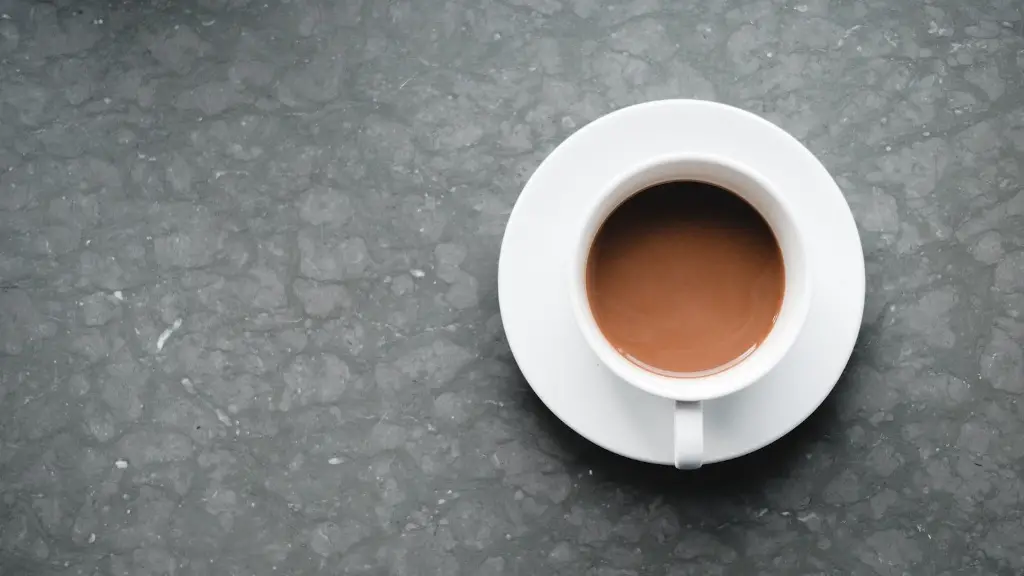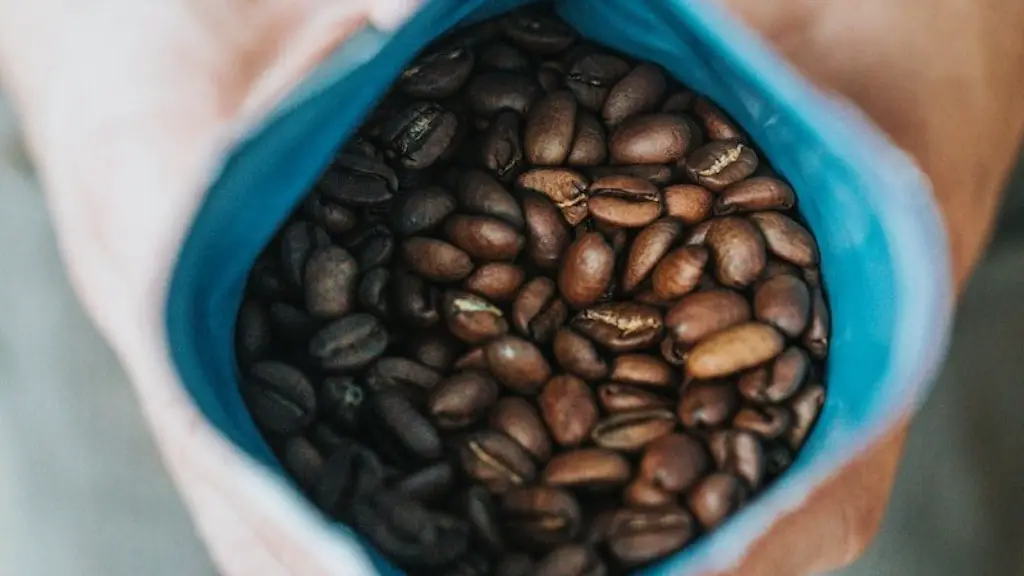Coffee has long been lauded for its various health benefits like reducing the risk of developing Alzheimer’s, cancer, and type 2 diabetes. One of its most popular benefits is its ability to boost energy levels. But is drinking coffee at night bad for your health, especially if you’re trying to lose weight?
Coffee often gets a bad rap when it comes to whether or not it’s good for weight loss, however, the truth is more nuanced than a simple yes or no answer. A review published in Nutrition and Metabolism looked at the evidence and found that moderate coffee consumption (up to 3 cups a day) could be beneficial for weight loss; however, higher levels of consumption could be detrimental
So, does that mean that having coffee at night is a bad idea? It depends. Caffeine isn’t the only factor to consider—it’s also important to look at the other components of your drink. For example, a cup of black coffee will have much fewer calories than a mug of latte with syrup and extra cream.
In terms of its impact on weight loss, some experts suggest that consuming caffeine late in the day might make it more difficult to get to sleep or stay asleep, which could have an indirect impact on weight. That said, a study published in the Journal of Obesity found that drinking caffeine in the evening had no significant effect on body weight.
The National Sleep Foundation states that people should avoid consuming caffeine within 6 hours of bedtime to get the best sleep. That means if you’re drinking coffee in the evening, it’s best to avoid it after 6 pm (or earlier). This will help ensure that your sleep is not affected by the caffeine.
Older research published in the New England Journal of Medicine found that drinking caffeinated beverages late in the day can increase cortisol levels and blood pressure, which can have an adverse effect on weight loss. It’s important to be mindful of this when consuming caffeine in the evening.
Sleep
Most experts agree that good sleep is essential for successful weight loss, as studies have found that people who don’t get enough rest tend to gain more weight than those who do. Sleep deprivation can also disrupt the body’s metabolic rate, which can make it harder for you to burn fat and calories.
Caffeine is a stimulant and can interfere with your sleep cycle, interfering with the production of melatonin, the hormone responsible for regulating your sleep-wake cycle. Caffeine can also increase heart rate and body temperature, which can make it more difficult to fall asleep and stay asleep.
If you find that drinking coffee at night is impacting your sleep, it may be a good idea to cut back or switch to a decaffeinated variety. Additionally, try to create a regular sleep schedule by going to bed and getting up at the same time each day.
Stress
When trying to lose weight, it can be easy to become stressed, which can lead to weight gain. That is because high levels of cortisol, a hormone released in response to stress can trigger cravings for high-calorie, sugary foods to provide a quick surge of energy.
Caffeine can also increase cortisol levels, so having coffee too close to bedtime can make it harder to relax– potentially exacerbating stress levels and cravings. So, if you’re someone who is prone to stress-eating, it may be best to avoid having coffee at night.
To reduce stress, try to set aside quiet time for yourself each day. Meditation, mindfulness exercises and yoga can also help to create a sense of relaxation and reduce stress levels.
Appetite
Caffeine increases the production of stomach acids, which helps to break down food. This can give you a false sense of fullness, leading you to eat less than you normally would.
As such, drinking coffee in the evening can actually have an adverse effect on weight loss, as you may be tempted to overindulge in food because you aren’t really feeling full. This can lead to higher calorie intake and weight gain.
If you’re trying to lose weight, it may be best to avoid caffeinated beverages in the evening, as they can potentially increase hunger and lead to binge-eating.
Caffeine Intake
If you do decide to have coffee at night, it’s important to monitor your caffeine intake. A study published in Nature Communications found that consuming too much caffeine (about five or more cups of coffee a day) can increase the risk of obesity.
Keep in mind that caffeine isn’t just found in coffee–it’s also present in many energy drinks, sodas, and teas. To keep your caffeine intake under control, avoid drinking more than one cup of coffee a day, and switch to decaffeinated varieties in the evening.
Alternatives
If you find yourself craving a hot drink in the evening or when you feel lethargic, try some herbal teas, as most of them are non-caffeinated. Some of the best teas for weight loss include green tea, matcha tea, and hibiscus tea.
These teas contain high levels of antioxidants, which can help flush out toxins, boost metabolism, and reduce bloating–all of which are beneficial for weight loss.
They can also provide a soothing, calming effect to help you unwind and relax, allowing you to get a better night’s sleep.
Doctor’s Advice
If you’re concerned about the effects of coffee on your weight loss efforts, it’s best to speak with your doctor. They can help you assess your individual needs and provide tailored advice on how to safely incorporate caffeinated drinks into your diet to optimize your weight loss results.
Your doctor can also provide information about other lifestyle changes you can make to effectively manage your weight, such as increasing physical activity and improving your diet.
Lifestyle Changes
The truth is, drinking coffee at night can be beneficial for some people, depending on their individual health and diet. However, if you’re trying to lose weight, it may be best to avoid caffeine in the evening and make other lifestyle changes.
These include increasing your intake of fiber-rich foods, eating smaller portions, getting regular physical activity, and avoiding sugary and processed foods. Additionally, keeping a food journal can help you track what you’re eating and identify any potential triggers that may be hindering your weight loss progress.
Mindful Consumption
It’s important to remember that everyone’s body is different and what works for one person may not necessarily work for another. If you do decide to have coffee during the day or in the evening, it’s important to consume it mindfully.
This means simply being aware of how much caffeine you’re consuming, when, and why. Keeping track of your caffeine intake throughout the day and limiting your intake to a moderate level can help ensure that your coffee-drinking habits don’t compromise your weight loss efforts.





